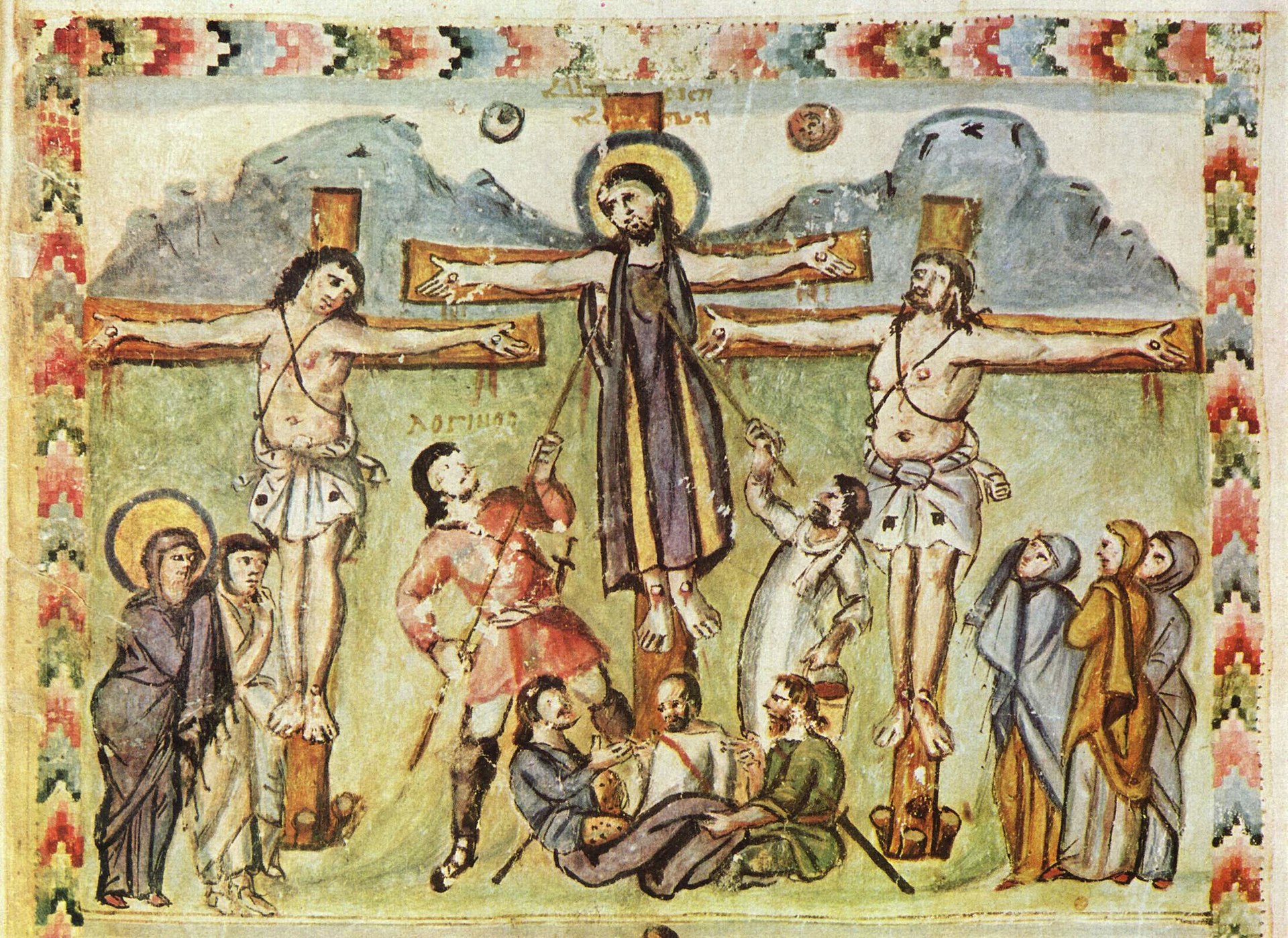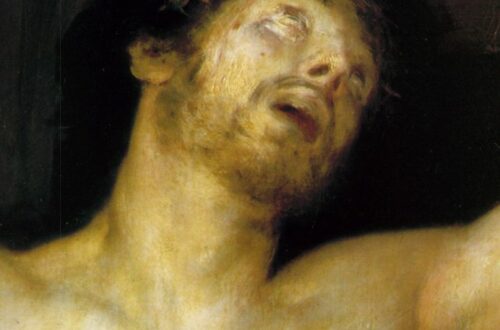Supposedly, Christianity will go away. We will evolve and move on. Infuriatingly for some, it’s not going away that easily.
Today, we remember a day when Jesus was supposed to go away. But, things did not go as planned.
Crucifixions were supposed to be smooth and orderly. Everyone played their part to make sure the punishment was carried out with maximum efficiency and elegance. But this was no ordinary crucifixion.
Things had already been going off the rails. Pilate couldn’t find a crime but gave in to the crowd’s call for Jesus to be crucified. Jesus himself was not displaying the normal characteristics of the guilty. But surely the day itself would go without a hitch and everyone could put this sorry episode behind them.he first sign that things were not going to be normal appeared when Jesus had his cross taken away and placed upon the shoulders of Simon of Cyrene. Now the criminal marched without his cross. No one knows why this happened, but we know that criminals were supposed to carry their own crosses. They were supposed to be bent below the weight, humbled before the crowd. Not on that day.
Mourners too had a job to do – lament. They were supposed to highlight the the dread of crucifixion, the depravity of the criminal. Anyone watching should take heed – do not commit a crime! But this day, the warning came from the man drenched in blood. He looked upon the mourners and warned them that their mourning ought to be for the terrible events about to occur to them. No one understood him at the time, but in 70 AD, everyone would experience the destruction of Jerusalem and the penny would drop.
In Luke’s portrayal everyone plays a part: soldiers crucify and mock, rulers sneer, and criminals die.
The content of the mocking was simple: If you are the Messiah, then you can save yourself and others. But you can’t save yourself nor can you save anyone else. Ergo, we have no Messiah here. Oh, how wrong they were. The exchange between the criminals is brilliantly terse:
One of the criminals who were hanged there was hurling abuse at Him, saying, “Are You not the Christ? Save Yourself and us!”
But the other answered, and rebuking him said, “Do you not even fear God, since you are under the same sentence of condemnation? And we indeed are suffering justly, for we are receiving what we deserve for our deeds; but this man has done nothing wrong.”
And he was saying, “Jesus, remember me when You come in Your kingdom!”
And He said to him, “Truly I say to you, today you shall be with Me in Paradise.”
Isn’t he a fake Messiah? Then how does he deliver salvation to a dying criminal? He is not supposed to being doing that. He is supposed to be wailing, screaming out for mercy. Instead, he asks his Father to forgive those who hang him to the cross, and then he proclaims the destiny of a repentant criminal! What kind of criminal is this?
Well, at least he will die like everyone else and then all can go back to normal. Everyone will soon forget this day. But his death did not follow the script. What was supposed to happen, a long drawn out affair comprised of the steady weakening of the condemned culminating in a pitiful last gasp, did not occur. Instead, Jesus seemed like he was the one who determined the time at which he died. So weird was this that the soldiers had to check that he really had died.
One centurion could contain himself no longer. He actually began to worship the Jewish God and proclaim the innocence of Jesus. Imagine the scene – a Roman centurion loosing his composure and agreeing with a criminal!
Jesus – innocent, Messiah, Savior.
Such an unusual day. But time will heal and everyone will soon forget. Perhaps things will move on, just a little slower.
Of course before memories faded, Jesus rose from the dead. Now, one could either double down, deny, and suppress others who followed Jesus, or one could accept the truth – Jesus was who he claimed to be, the Son of God, the Anointed one, the Savior of the world.
Perhaps some of those of the latter group were also in the crowd addressed by Peter after Jesus had ascended into heaven. Their consciences pricked and overwhelmed with grief over their sin, they asked Peter what they might do. How could they make things right? Peter’s answer was a balm for the guilt ridden soul:
Repent, and each of you be baptized in the name of Jesus Christ for the forgiveness of your sins; and you will receive the gift of the Holy Spirit. For the promise is for you and your children and for all who are far off, as many as the Lord our God will call to Himself.
Amazingly, the people who repented that day (some 3,000) experienced the grace of God. They experienced forgiveness of sin, a slate washed clean, and they received the Spirit of God. As a consequence, their lives were utterly changed.
Even now, rulers, crowds, and powerful forces tell us that Christianity will fade into the history books and years from now to be looked upon as a temporary fad. The crucifixion, resurrection, and ascension of Jesus tells us otherwise. Any hope of a post-Christian future is a false one. Just as Jesus would not go away, neither will his people, at least until He decides to take us to himself.




